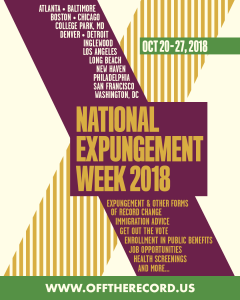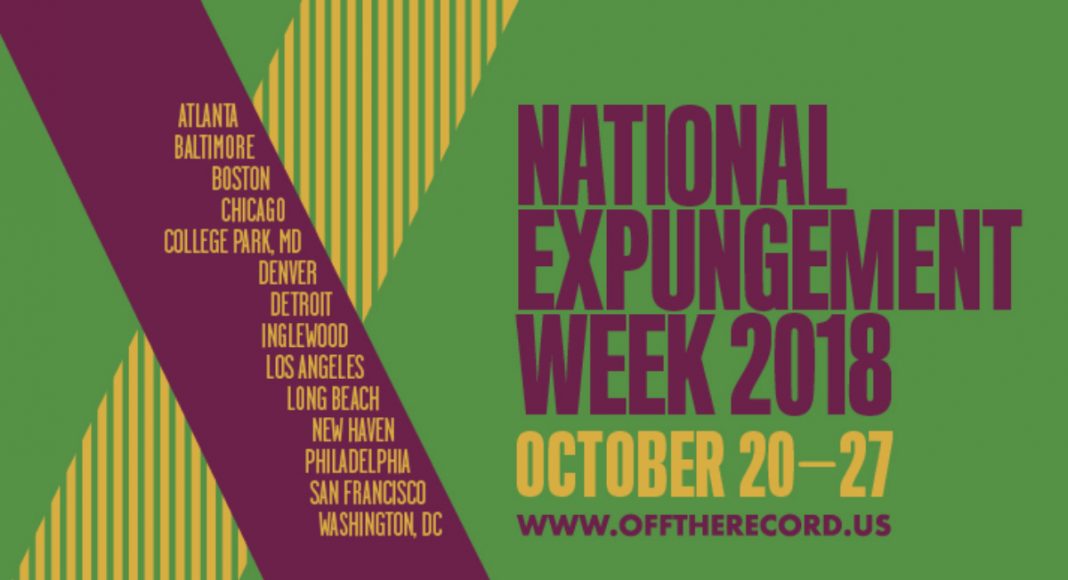In 2017, almost 660,000 people were arrested for cannabis-related charges in the U.S., the FBI reported recently. This means that, according to a recent open letter about equity and justice released by Equity First Alliance, even as legalization sweeps the nation, over half a million people are still losing their liberty, voting rights, and access to education, housing and future employment every year. National expungement week goal is to undo the damage of the War on Drugs.
To make things worse, while many jurisdictions that have already legalized marijuana have promised to clean up the records of those convicted for non-violent cannabis offenses, most of them are still on the hook.
In Los Angeles, California, the largest recreational cannabis market in the world, hundreds of thousands of cannabis-related convictions have yet to be expunged. In Colorado, unfairness has also persisted and prevailed. “Young people of color have been arrested at higher rates for cannabis possession since legalization happened, while arrest rates for young white people have declined,” said Adam Vine of the Equity First Alliance. “Given the racial bias in the criminal justice system, all of these provisions continue to disproportionately harm people of color.”
“In Pennsylvania, prior cannabis convictions prevent people from joining the medical cannabis workforce,” he added. “And, in Illinois, those same convictions have been preventing people from becoming cannabis patients.”
RELATED: 5 Ways Cannabis Can Improve The Life Of Seniors
Finally, the 2018 Senate Farm Bill contains language that would legalize hemp at the federal level. However, the new law would still bar people with felony drug convictions from participating in the hemp industry.
A Noble (H)Emprize
According to Sonia Erika of Massachusetts Recreational Consumer Council and a spokesperson for Equity First Alliance, who helped to organize N.E.W and its events, “Automatic expungement, post-conviction relief, and other aspects of criminal justice and policing reform must be a part of all cannabis legalization.” The problem, in her view, is raising awareness.
In an attempt to capture the attention of the American public, a coalition of more than 20 organizations working at the intersection of the cannabis industry, racial equity, and reparative justice, have joined local and community groups across the country for the inaugural National Expungement Week (N.E.W.) October 20-27, 2018.

N.E.W. will offer free clinics to help to remove, seal, or reclassify eligible convictions from criminal records. N.E.W. events will be held in:
- Atlanta
- Baltimore
- Boston
- Chicago
- Detroit
- Los Angeles
- New Haven
- Philadelphia
- Prince George’s County
- San Francisco
- Washington, DC
Many of the N.E.W. events will also provide attendees with supportive services including employment resources, voter engagement, and health screenings. The N.E.W. website provides a link to an online toolkit for communities who want to host their own record change events now and in the future. Best of luck to National Expungement Week goals.


